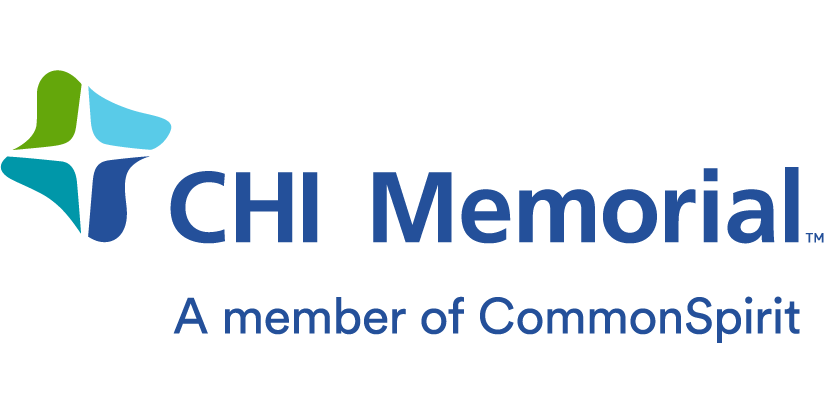Research & Innovation
In addition to providing lifesaving care when you’re having a stroke, members of the CHI Memorial Neuroscience Institute team have earned an international reputation for clinical care and development of key medical breakthroughs in diagnosing and treating stroke. Led by Thomas Devlin, MD, PhD, FSVIN, physician executive for neurosciences at CHI Memorial, the team has partnered with the best biotechnology companies from around the world to advance technologies for stroke diagnosis and treatment. These have included the development of Artificial Intelligence (AI) technology to diagnose stroke very rapidly and at low cost. Improved clot busting medication and stem cell neuroprotectant therapies to allow more patients to be treated and assure the best possible outcomes for our patients have also been developed.
The research team is also widely known for their current work developing new stem cell treatments and other pharmaceuticals that act as “neuroprotectants” for stroke victims. Evidence-based medicine is the cornerstone of high-quality stroke care – evaluating new medicines to prevent strokes and implementing advanced surgical techniques to improve blood flow in the brain. Importantly, many of these therapies can be administered at the same time as standard clot dissolving medication or endovascular clot-grabbing procedures to offer the potential for even better outcomes for our patients.
CHI Memorial’s stroke researchers have received numerous international recognitions and awards most notably in the “Swift Prime” trial that demonstrated the effectiveness of the clot-grabbing mechanical treatment for stroke. In it, CHI Memorial’s lead stroke doctors were credited as having the very best patient outcomes and fastest treatment times world-wide.
When it comes to advanced care for stroke, choosing a center that’s actively involved in research and innovation means you have access to the very latest medications, technologies and techniques that are changing the very nature of stroke care here and around the world.
For more information about stroke research and innovation, call (423) 206-4140.
How great is your risk for having a stroke?
